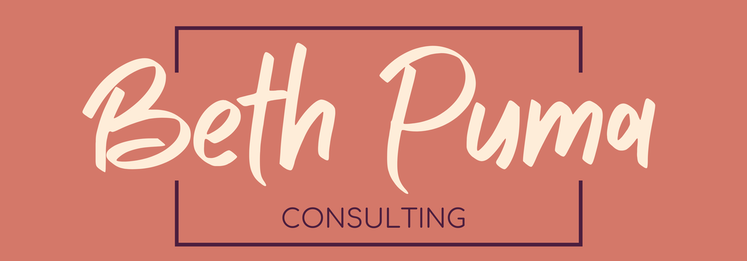 Photo by Mikael Kristenson on Unsplash Photo by Mikael Kristenson on Unsplash In my last blog post, I shared some thoughts about co-teaching and promised for some insights about how to start co-teaching relationship up strongly. I'm sorry for the delay, my school year is starting and I had to focus on my own co-teaching relationships! To start the year off on a strong, kid-centered foot between content/grade level specialist and EAL specialist I suggest the following: Establish your planning time: As teachers, we are all "time poor". There never seems to be enough of it to accomplish all the things to do in a day. That is why a very large 'thank you" is in order to the administrators that carve this time into the school wide schedules. This is how you systematically support equity. Planning time is a major necessity in order to keep the purpose of the co-teaching students centered and strategic to the needs of ELL students. I strongly advocate for face to face planning, at least at first. I would block out one hour, you can always pull back later. There is a learning curve that takes time as co-teachers get to know each other's planning and instructional styles. Eventually, when other pieces fall into place (see below) the efficiency of the meetings will grow. In fact, after a year or two of working with a co-teacher, we can plan via email, Google doc, or even text; the funny thing of course is that we end up missing each other's professional company and prefer the face to face. EAL specialists, when you can, be at department or grade level meetings. When you have a larger context to the unit, it makes the daily lesson planning make more sense. Define roles and responsibilities: The saying goes, "two heads are better than one" not "two bodies are better than one". Co-teaching is about more than just having two bodies in the room to "support" and "help". It is about the strategic placing of professionals, who have different backgrounds and expertise, in order to create a classroom community that fosters learning and language. Content and grade level teachers bring a developmental understanding to the content they teach. They also bring a deep knowledge of their subject matter. I have learned so much from my content/grade co-teachers. Their role is to define content (with the curriculum department) and determine learning experiences that help students learn the content. They write the content target. EAL specialists bring a deep understanding of multilingualism and second language acquisition processes. They have a deep instructional toolbox of scaffolding, differentiation, and structured verbal interaction strategies. It is their role to determine language needed to be successful to achieve the content target, and craft an amazing kid-friendly language target. There are other responsibilities to determine in regards to classroom management and details, but fundamentally the larger purpose of having two different professional in a classroom, needs to be co-understood. Determine a lesson planning template: Different teachers have different planning styles. Planning can be intensely personal. I have noticed that co-teachers shy away from this, opting for just jotting down notes and "to do's" after co-planning. However, the purpose of co-planning is to strategically implement best practices for ELLs, so there is something to be said about having a printed up template as a 3rd point in the conversation. The template should include the different aspects of a lesson, that fulfill the different roles and responsibilities discussed above. This includes language targets, scaffolds, ways of differentiation, and proficiency output. By having a 3rd point, to touch with your hands, will help keep the conversation on kids and craft; even if those conversations get tricky, and they will! It isn't personal, it's about the work. Explore your respective strengths, passions, and challenges: By knowing each other, professionals are more trusting in the relationship. As educators, we can share our strengths with each other. Then co-planning can be a strategic playing to strengths, as well as a reciprocal nourishing of challenges. Exploring passions can be both in and outside of school. What do my co-teachers know about me? My strengths are connecting educational theory to everyday practice and creating dazzling anchor charts. My passions include educational equity and painting. My challenges include sticking my foot in my mouth with a blunt sensibilitiy. By being upfront about the strengths, passions, and challenges we can work with them and grow together as professionals. I don't expect every co-teaching relationship to be life changing. Ultimately, it isn't about me. It is about ensuring my students have equitable and excellent learning experiences. However, when you do encounter the co-teacher that challenges you to be a better professional, that you can laugh (and cry) with, that becomes part of your family....well that is as good as it gets.
0 Comments
Your comment will be posted after it is approved.
Leave a Reply. |
Beth PumaI am an MLL specialist, coach, and educational consultant that is dedicated to building a more transformative educational landscape that honors linguistic diversity and challenges societal paradigms. Archives
July 2024
Categories
All
|
